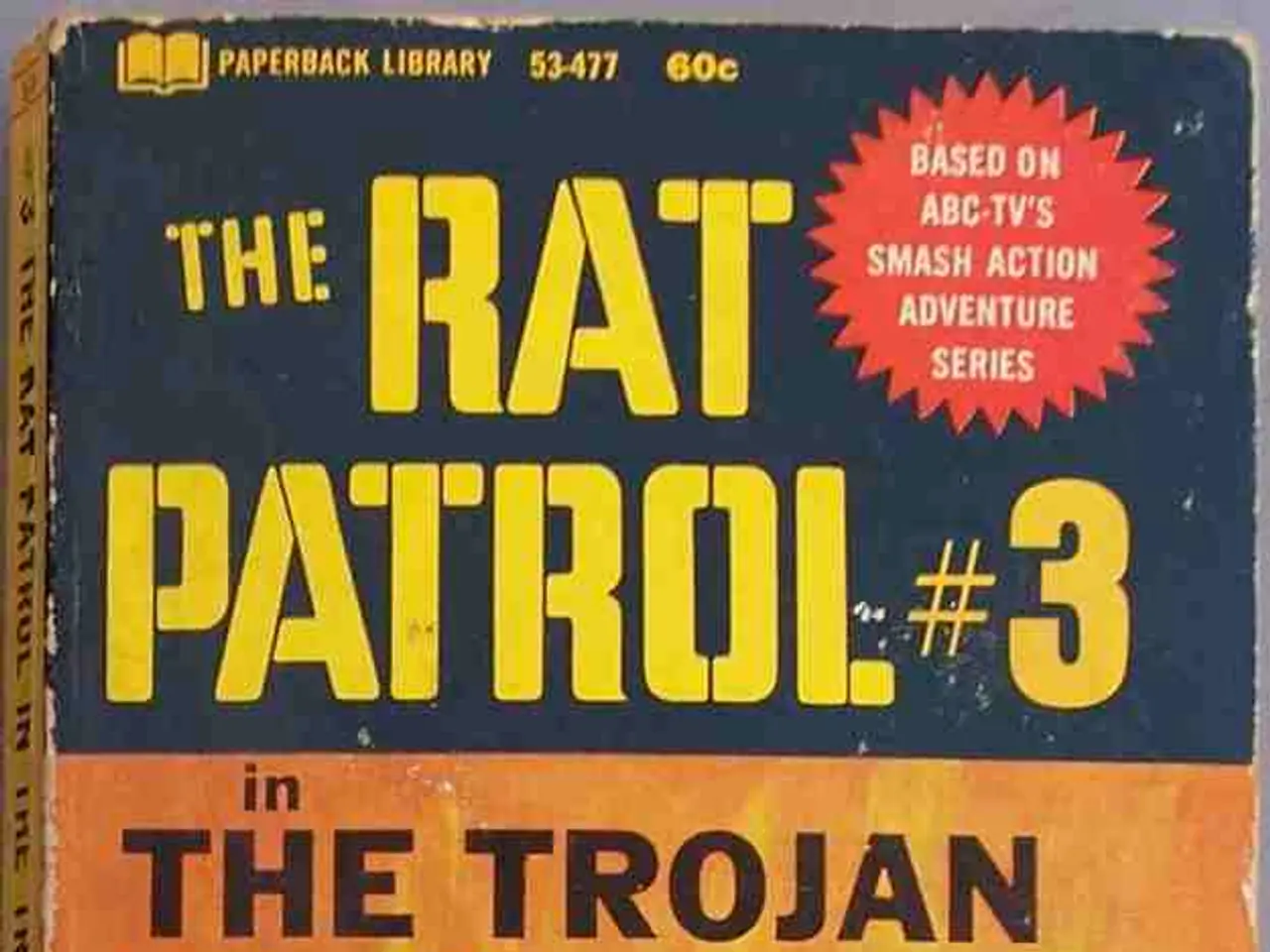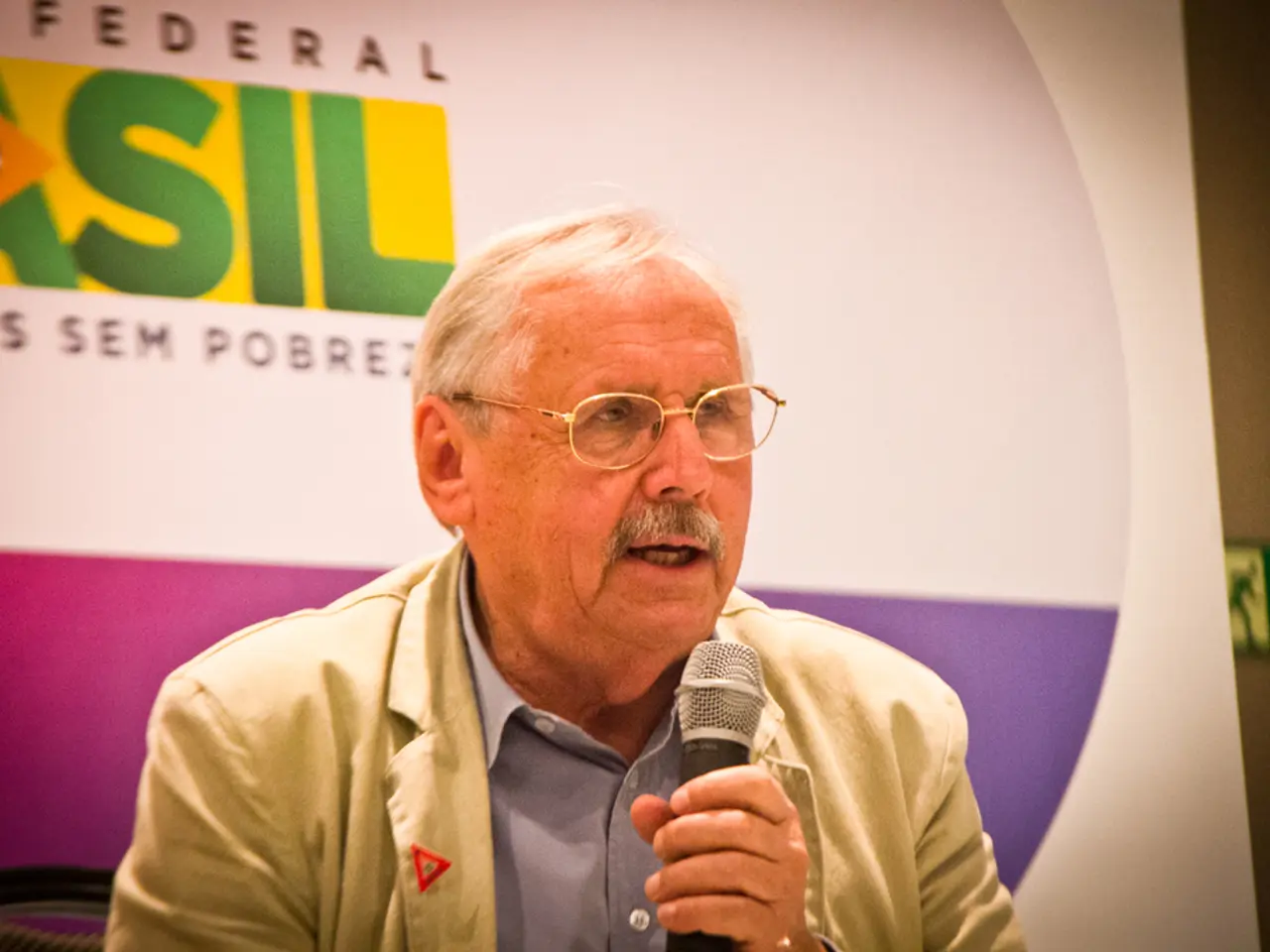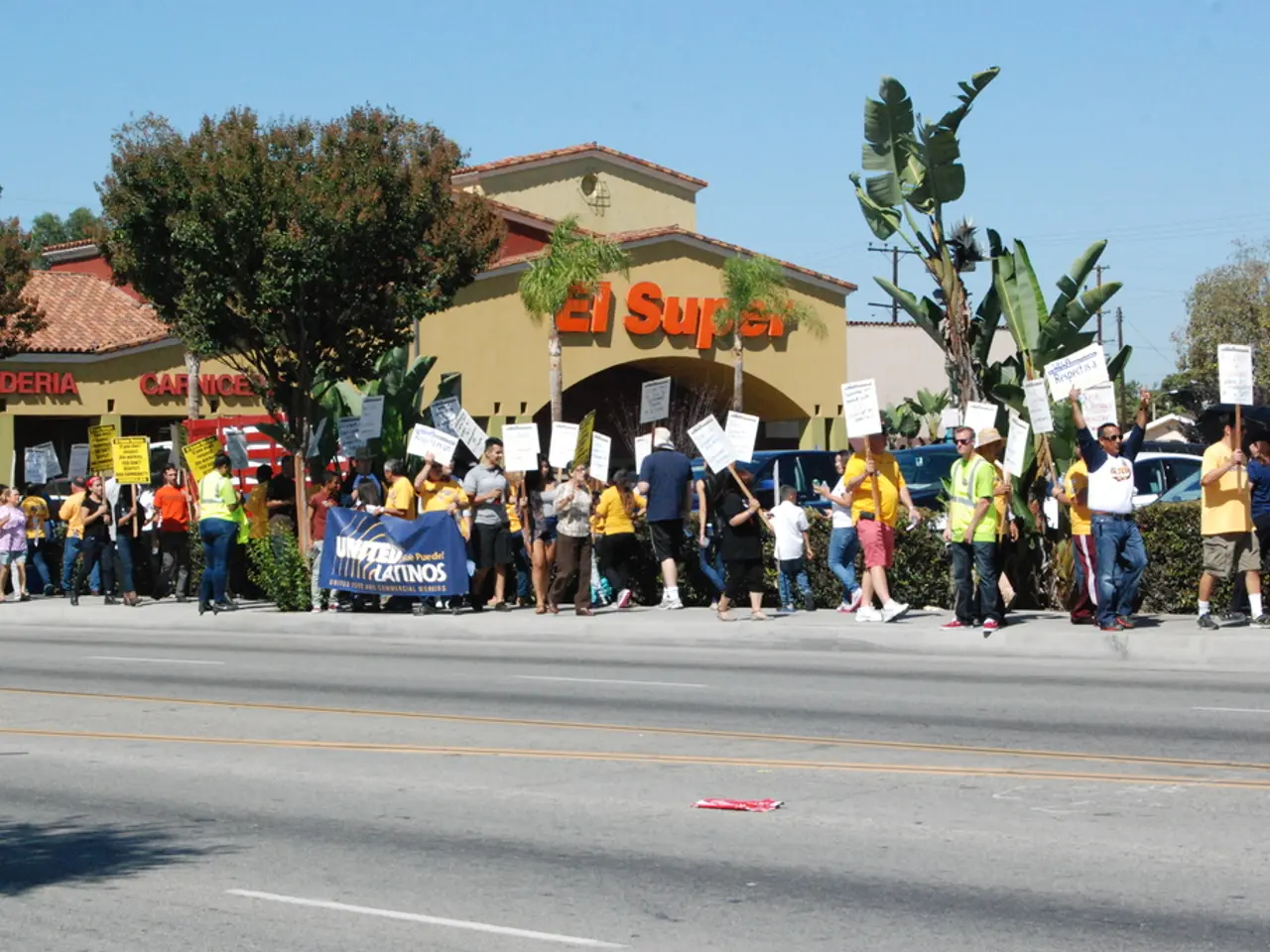Member States in Nice advocate for a 'bold agreement' to eradicate plastic pollution.
A Groundswell for a Landmark Plastic Treaty
We're witnessing a significant leap forward in the global war against plastic pollution. At the United Nations Ocean Conference (UNOC) held in June 2025, a powerful call to action was made - the "Nice Call" for an ambitious plastic treaty. Initiated by France, the host of the third UNOC, this declaration has already garnered the support of 95 nations across all continents, barring the United States and China, the top plastic consumers.
The "Nice Call" arrives at a critical juncture in the negotiation process, just two months prior to a crucial August 2025 session in Geneva, following the collapse of the last diplomatic round in December 2024 in Busan, South Korea. Back then, the international community failed to reach a consensus due to the resistance of a few oil-producing nations led by Saudi Arabia and China, the world's leading consumer of plastic, who wanted to limit the treaty to waste management and opposed any measures to curb plastic production. Agnès Pannier-Runacher, France's Minister of Ecological Transition, declared during a conference in Nice, "We won't back down, it's high time we addressed the issue at its source given the crisis that's looming over our oceans, environment, and health."
This declaration marks a staunch message to the global community before the resumption of negotiations in Geneva.
Insight: The "Nice Call" emphasizes the urgency for a binding agreement among nations, moving beyond voluntary measures. It proposes reporting requirements for plastic production and trade, a global blacklist of problematic plastic products and chemicals, and a financial mechanism based on the "polluter-pays" principle to support its implementation, particularly in developing countries and small island states[1].
The UN Ocean Conference, which kicked off on June 9, 2025, underscores the urgent need for action against plastic pollution. Negotiations for the treaty are set to resume in August 2025, demonstrating a persistent momentum towards addressing this global issue[3].
Insight: The United Nations Environment Programme (UNEP) and other organizations have been at the forefront of promoting a circular economy through initiatives like the New Plastics Economy Global Commitment and the Global Tourism Plastics Initiative. The goal is to unite both public and private sectors in reducing plastic pollution[4].
The Intergovernmental Negotiating Committee (INC) has been instrumental in the treaty's development, having held five sessions since 2022, with the next one scheduled for August 2025 in Geneva. This ongoing process underscores the international community's commitment to establishing a legally binding instrument to tackle plastic pollution[4].
Insight: key points of the treaty include binding obligations for countries in terms of plastic production, import, and export. Additionally, a proposed global blacklist would identify and phase out harmful plastic products and chemicals, with a "polluter-pays" principle suggested to support implementation, mainly in vulnerable regions[1]. Lastly, the treaty aims to foster global cooperation and adherence to stricter standards for plastic use and disposal[1].
Overall, the "Nice Call" and ongoing international negotiations reflect a growing consensus on the need for a robust treaty to combat plastic pollution effectively.
- The "Nice Call" for a plastic treaty in the United Nations Ocean Conference (UNOC) underlines the necessity of a binding agreement among nations, moving beyond voluntary measures and proposing reporting requirements for plastic production and trade, a global blacklist of problematic plastic products and chemicals, and a financial mechanism based on the "polluter-pays" principle.
- The "Nice Call" underscores the urgent need for a robust treaty in environmental-science, as it emphasizes the importance of addressing plastic-pollution at its source to safeguard the health of our oceans, environment, and general-news.
- The ongoing negotiations for the plastic treaty, guided by the Intergovernmental Negotiating Committee (INC), demonstrate a persistent momentum in policy-and-legislation, aiming to establish stricter standards for plastic use and disposal, fostering global cooperation, and adherence to the 'polluter-pays' principle, particularly in developing countries and small island states.








